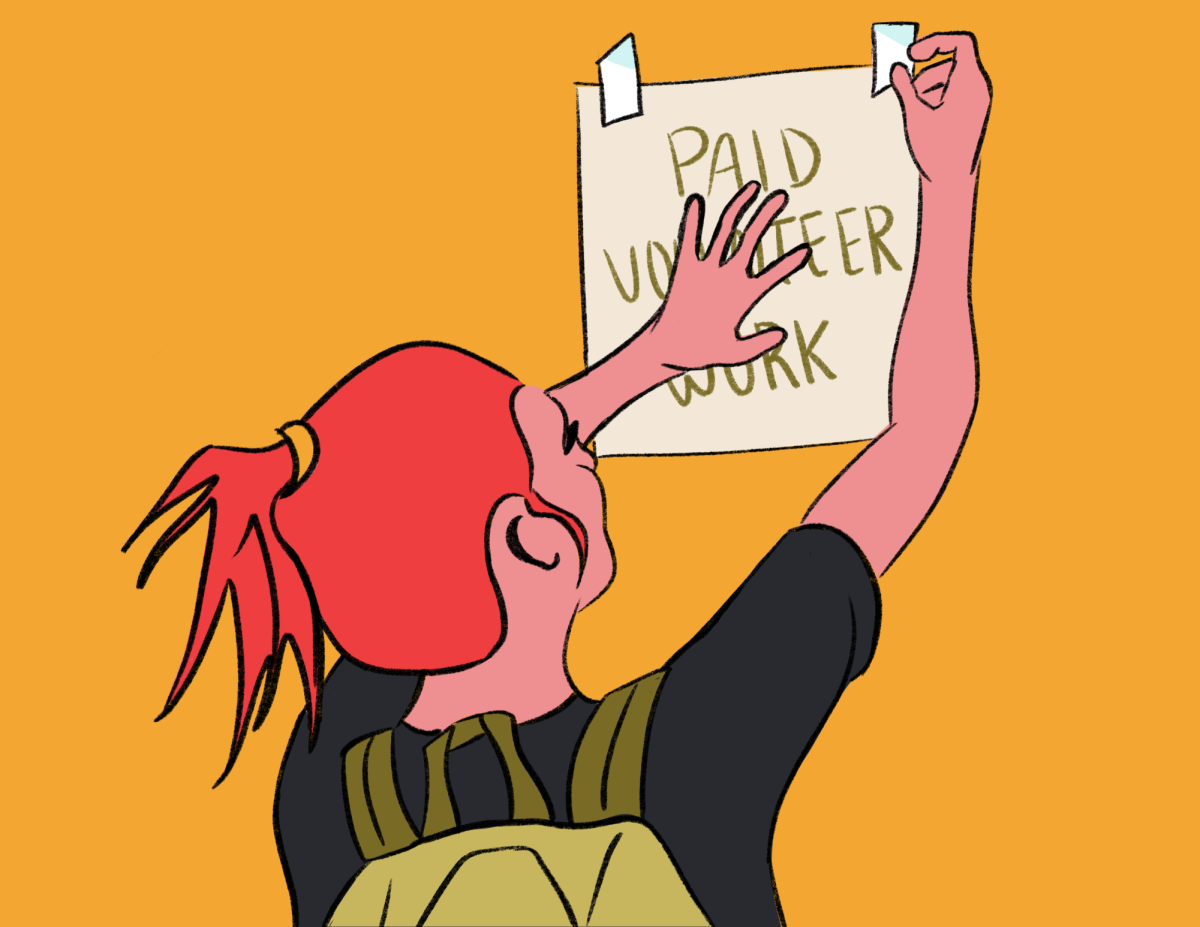[vc_row][vc_column][vc_column_text]

Wake up, work out, do homework, go to class, finish work, complete more homework, go to bed and repeat.
TOP STORY: APPLE BRINGS DIVERSITY TO THE DIGITAL WORLD WITH EMOJIS
This describes a typical day for Oliver Anderson, a senior in sociology and human development. Anderson works as a Resident Advisor for the service house in Officer’s Circle and as the director of student advocacy for ASUU. He said between his two jobs he works an average of 30 hours per week, in addition to his volunteer activities on campus.
Anderson said working on campus has helped him see the resources the U has to offer students. He’s also received training on wellness and social awareness.
“The university has given me so much in my opportunities,” he said. “I’m able to feel like I’m part of something bigger than me.”
Although he has “never been happier,” Anderson said his “overall wellness isn’t the best.” One of the biggest struggles he faces is trying to get enough sleep each night.
“You can be busy, but if you start cutting into your sleep, then you will perform far less than you can,” he said.
Anderson said working has impacted his social life as well.
“I really don’t have a personal life,” he said. “I don’t have the time to date.”
He feels working this much doesn’t allow him to focus as much as he would like to on his academic success either, but he is currently comfortable with his GPA.
“The less time I have, the better I have trained myself for crunch time because I know that’s when I work best,” Anderson said. “Working a lot has helped me understand where my focus is best applied.”
ASUU compensates around a third of his tuition and provides an end-of-the-year stipend. His RA position with the U’s Housing and Residential Education covers his housing and board as well as his meals. For the rest of his tuition, Anderson uses money he earned as a summer orientation leader for the U and Pell grants (government-paid loans that do not have to be repaid). Even working as much as he does, Anderson’s budget isn’t ideal.
“I don’t have any pocket money because even that [ASUU stipend] I get goes right back into paying off loans, so it kind of just keeps me afloat,” he said. “I’m comfortable, but I don’t have enough money to go out and do things and explore, which I’m fine with.”
He believes it’s important for students to analyze which aspects of their lives are being hurt and which are benefited by working. Anderson said using a “wellness wheel” is a good way to look at what parts of your life may need improvement. This is a tool that looks at your holistic lifestyle and well-being in seven areas: financial, environmental, spiritual, emotional, intellectual, physical and social. He also said a good on-campus resource for students struggling to balance work and school is the Student Wellness Center.
“Always ask for help,” Anderson said. “I think when people are working they take this sense of independence and maturity, but you’ll always need that support.”
According to the National Center for Education Statistics and the U.S. Department of Labor, the cost of college has risen 1,120 percent since 1978. And in an analysis by Randy Olson, a graduate student at Michigan State University, in 1979 the average full-time student had to work about 203 hours per year at a full-time job to pay for tuition. In 2013, the same student would have to work 1,420 hours to pay for schooling, due to inflation.
Anderson said, “In our society and this campus it’s almost impossible not to work because of tuition, families, car payments.”
@Ehmannky[/vc_column_text][/vc_column][/vc_row]














